Guidebook for Understanding and Navigating Religious, Spiritual, Secular (R/S/S) Countertransference
Principal Investigator: Dr. Paul J. Deal & Dr. Gina M. Magyar-Russell
The two primary components of the guidebook are 1) A Theory of R/S/S Countertransference and 2) The R/S/S Life Story Interview Session and Reflection Exercise. Component one serves as a practical roadmap that provides knowledge as to how and why graduate clinicians-in-training may experience resistance to engage with R/S/S in classroom and training settings as well as the therapeutic relationship. Component two is an experiential training exercise designed to take students through a process of exploring and identifying when, where, and how their own biases and assumptions about R/S/S were seeded in their life story.
Background
Given that unmanaged countertransference has a moderate inverse effect on psychotherapy outcomes (Hayes et al., 2011)—and most research stops at theorizing about its causes (Lannert, 1991; Griffith, 2006)—there is a need to better understand barriers to R/S/S competency and how to navigate R/S/S countertransference in both students and seasoned professionals. Supervisors and clinicians-in-training lacking in R/S/S competency may be more prone to reactivity, contributing to ruptures in the alliance, getting tangled up in transference, and not knowing what to prioritize in session (Vieten & Scammell, 2015). Discomfort about addressing S/R perpetuates this lack of competence (Gladding & Crockett, 2019) leading to “spiritually avoidant care” (Saunders et al., 2010, p. 357) wherein clinicians are hesitant, or even avoid, discussing S/R experiences in the lives of their clients.
Clinician self-report data identifies reasons for avoidance, such as concerns about overstepping boundaries (Koenig et al., 2012), feeling emotionally triggered, or making embarrassing mistakes (Gladding & Crockett, 2019), but still leaves us in the realm of superficial understanding. All these data points are helpful in building out our understanding of the causes and manifestations of resistance, but what remains lacking is an empirical investigation of the lived experiences and dynamics that activate resistance in clinicians. To this end, this training tool was developed with a constructivist grounded theory. Twenty three students reporting moderate to high levels of resistance to addressing S/R in psychotherapy and/or graduate training were selected for in-depth interviews across psychology, counseling and social work graduate programs.
Settings
Graduate school courses
Internship/Practicum sites
Supervision
Faculty or Professional development
One participant also suggested the tool might be useful in religious, spiritual, or congregational contexts.
Populations
Individuals
Couples
Family
Groups
Community or Public
The tool could be useful for anyone interested in better understanding and working through the factors that have made them skeptical of engaging with their own or other R/S/S worldviews.
Keywords
Spiritual; religious; secular; resistance; countertransference; training; competencies; attitudes; guidebook
